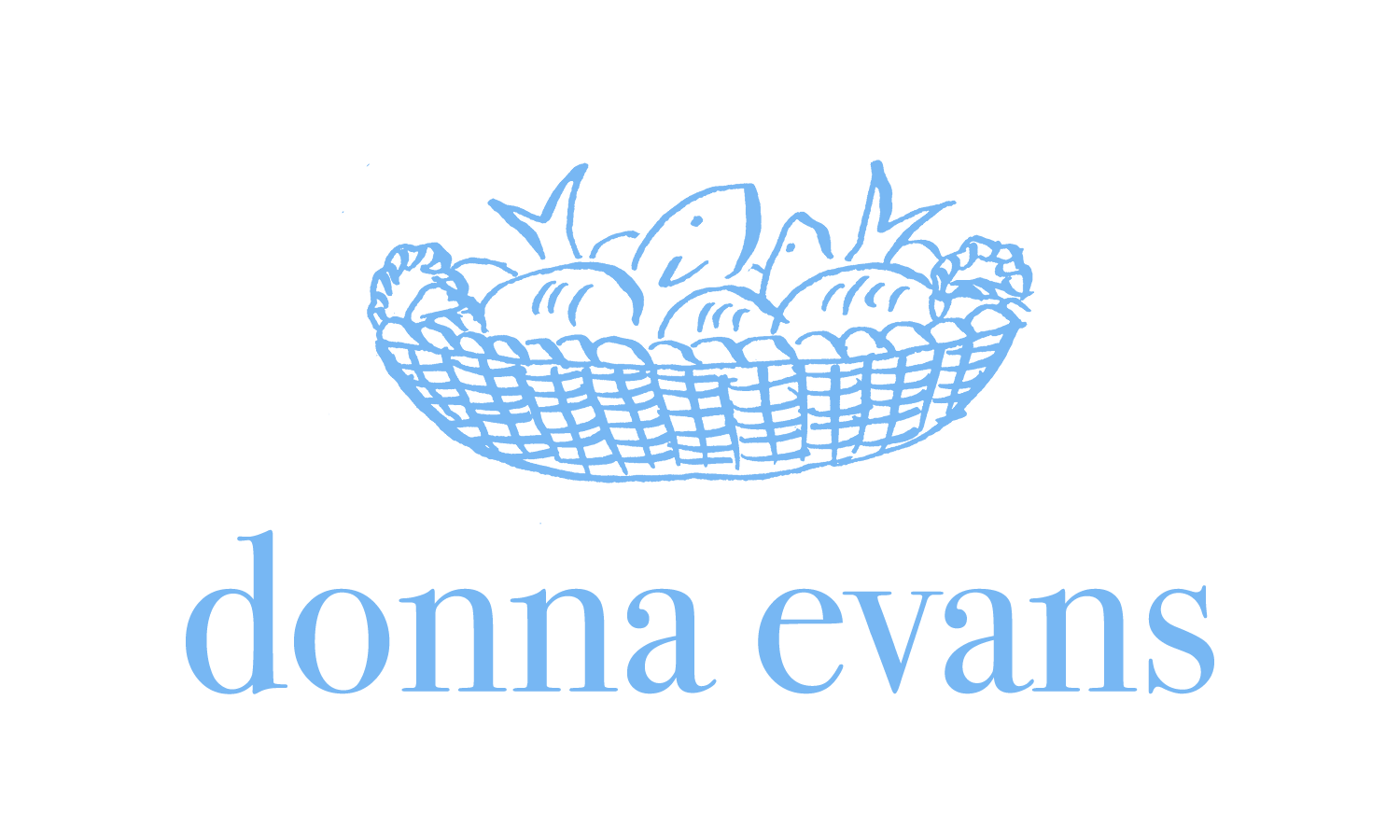Community: Forward Together
"Let us encourage one another."
Hebrews 10:25 (NIV)
I’m not sure how you define suffering in your own life, but my favorite definition for suffering originated with the great Elisabeth Elliot who once said, “Suffering is having what you don’t want or wanting what you don’t have.” Think about that for a moment. In fact, go back and read that sentence again and you’ll soon see that Elliot’s suffering definition pretty much covers every circumstance or situation that we could ever face.
Do we want a Covid-19 pandemic? How about mandatory quarantines, limited freedoms, economic losses, unemployment, social distancing, and cancelled football seasons? What about the unbelievable 185,000 U.S. deaths already attributed to the Covid outbreak? Those are all things we don’t want, but we currently have.
Do we long to return to the regular life rhythms of work, school, and unrestricted gathered worship? Do we yearn for a return to small groups and Sunday School communities complete with hugs, handshakes, and face-to-face contact? Those are all things we don’t have, but desperately want.
Elliot’s “having what you don’t want or wanting what you don’t have” suffering definition certainly applies to each one of the items listed above. And while our current circumstances might be new to us as 21st century Christians living in a post-modern, secular, and humanist culture, suffering is nothing new. It is woven throughout Scripture as a “normal” part of life after the Fall (Genesis 3).
The unknown author of Hebrews addresses the suffering of the early church when he writes to Jewish Christians who are being persecuted for their new faith in Christ. These new Christians have given up their Jewish religion, family rituals, and cherished traditions. They have also suffered public insult and persecution; joyfully accepted the confiscation of their personal property; experienced loss of power, position and privilege; and even been imprisoned or martyred- all for the cause of Christ (Hebrews 10:32-34).
Gently, however, the writer exhorts and challenges his readers to persevere in the midst of their suffering with these words:
“Let us draw near to God…"Let us hold unswervingly to the hope we profess for he who promised is faithful. And let us consider how we may spur one another on toward love and good deeds. Let us not give up meeting together as some are in the habit of doing, but let us encourage one another- and all the more as you see the Day approaching." Hebrews 10:22, 25-28 (NIV)
Five times in five verses the writer uses the words “let us.” Those words are a sacred echo designed to get and keep our attention. Let us:
Draw near to God
Hold onto hope
Spur one another on toward love and good deeds
Keep meeting together
Encourage one another
Look forward to Christ’s return
Summarizing the author’s five “let us” commands, we are first to draw near to God in corporate worship and then we are to draw near to each other with hope, love, good deeds, and encouragement. Community is built as we practice the "one another," or mutuality commands. "One another" verses serve as the house rules for the Body of Christ. The mutuality verses provide the New Testament framework that models love turned into action; mitigates the tension between Christians; and mollifies the differences between believers. There are at least 24 "one another" verses scattered throughout the New Testament, but the #1 mutuality command repeated throughout the New Testament is “love one another.”
Mutuality commands are just that: commands! They are not optional add-ons or ala-carte menu items for Christians. So, who can you love today? Who needs your service, submission, honor, or comfort? Who can you welcome, accept, or greet? Who needs to be taught or admonished? Who needs forgiveness, reconciliation, and restoration of a relationship? Why not love the Other in your life with a phone call, email, card, or meal? As you consider your Fall calendar, how can you effectively engage, encourage, or equip another?
If you are looking for a way to get started, why not consider the following ideas?
Write a handwritten note of thanks or encouragement
Call (don’t text) a friend and have a real conversation about life
Pick someone from your Sunday School Community that you don’t know well and call her to ask, “How can I best pray for you?”
If you have children, encourage them to draw a picture for an older friend and then deliver it together while still maintaining social distancing.
The possibilities are endless, but so are our opportunities. By God's grace, let us continue to love one another, build the Body of Christ, cultivate community, and move forward together both for our good and for God’s glory.
Forward Together!

